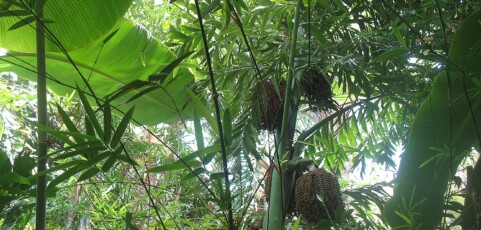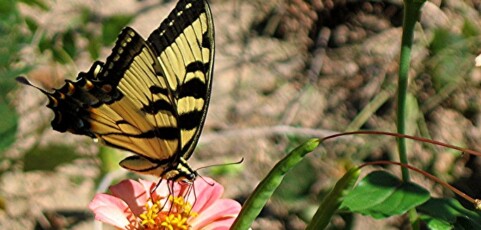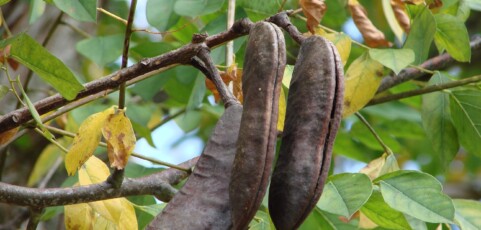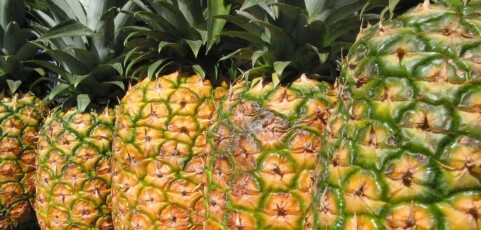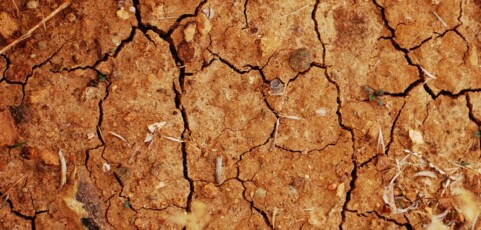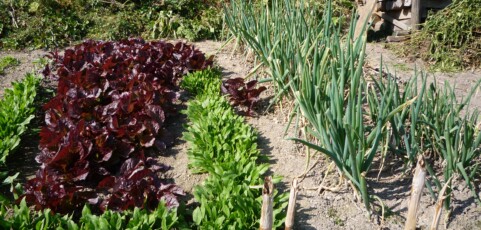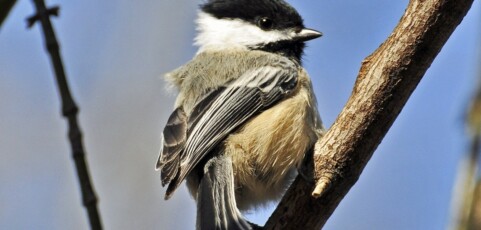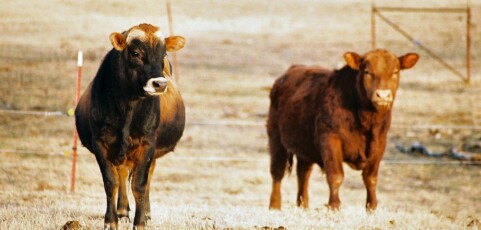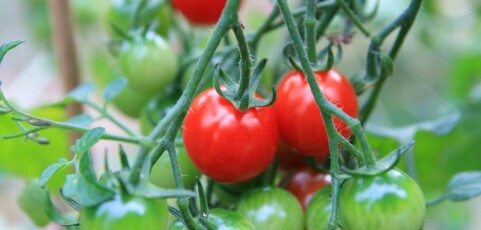Educating people on nutritional and health issues promotes interest in growing home gardens and improves the quality of life in the community.
Agroforestry systems managed using natural succession in South of Bahia, Brazil.
Agroforestry systems managed using natural succession were tested as a strategy for improving degraded soils and as a sustainable production system in the Rainforest Region, South of Bahia, Brazil.
Agroforestry islands for enhancing connectivity among forest fragments in Sao Paulo, Brazil
Agroforestry in small settler farms in a very deforested landscape can enhance biological connectivity and gene flow among forest fragments. From the project “Biodiversity islands as corridors for restoration of the fragmented landscape of Pontal do Paranapanema, Sao Paulo, Brazil”, by IPE (Institute of Environmental Projects and Research – NGO) , USP (University of Sao Paulo), IF (Forestry Institute), MST (Landless Workers Movement) and COCAMP (Farmers Cooperative). 1999.
Shade Coffee in Southeastern Brazil
Intercropping trees into coffee plantings increases biodiversity, lowers costs and provides natural nutrients for the coffee plant.
Seeking to Promote Agroecology in Communities of Small Landholders in Paragominas, Brazil
This case study explores the potential for establishing agroecological principles in one community of small landholders.
Soil and Water Management Techniques for Plant Resources Conservation in the Northern Burkina Faso
Agriculture in the Sahelian zone is essentially rainfed. Due to frequent droughts and land degradation, it is more and more difficult for crops to have enough water during their growing period. Farmers of this region have developed several soil and water management techniques…
Greening the City Rooftops in Toronto, Canada
Creative use of urban roof space can improve local environments and produce commercial organic crops.
Community Development with the Bribri of Costa Rica
Human resources are developed within Bribri indigenous communities using a participatory research approach based on traditional agricultural systems.
From a conventional agriculture system to a system of self sustaining management practices: the case of Cuba
The incentive which determined the economic policy of Cuba that has resulted in new management practices for agriculture has been based on the necessity to reduce the coefficients of imported chemical inputs. This study was conducted in Cuba from 1999-2000, working with 3 CPAs (Cooperativas de Produccion Agropecuarias), all linked closely to the state. The study results observed a reduction in chemical input quantity for some crops as well as technological changes.
Production of Organic Tomato in the Dry Zone of the Loja Province
Improve the structure of soils, to document the advantage of water that is deep in the soil, to limit the use of pesticides. In the future it is possible to diversify the agroecosystems.


